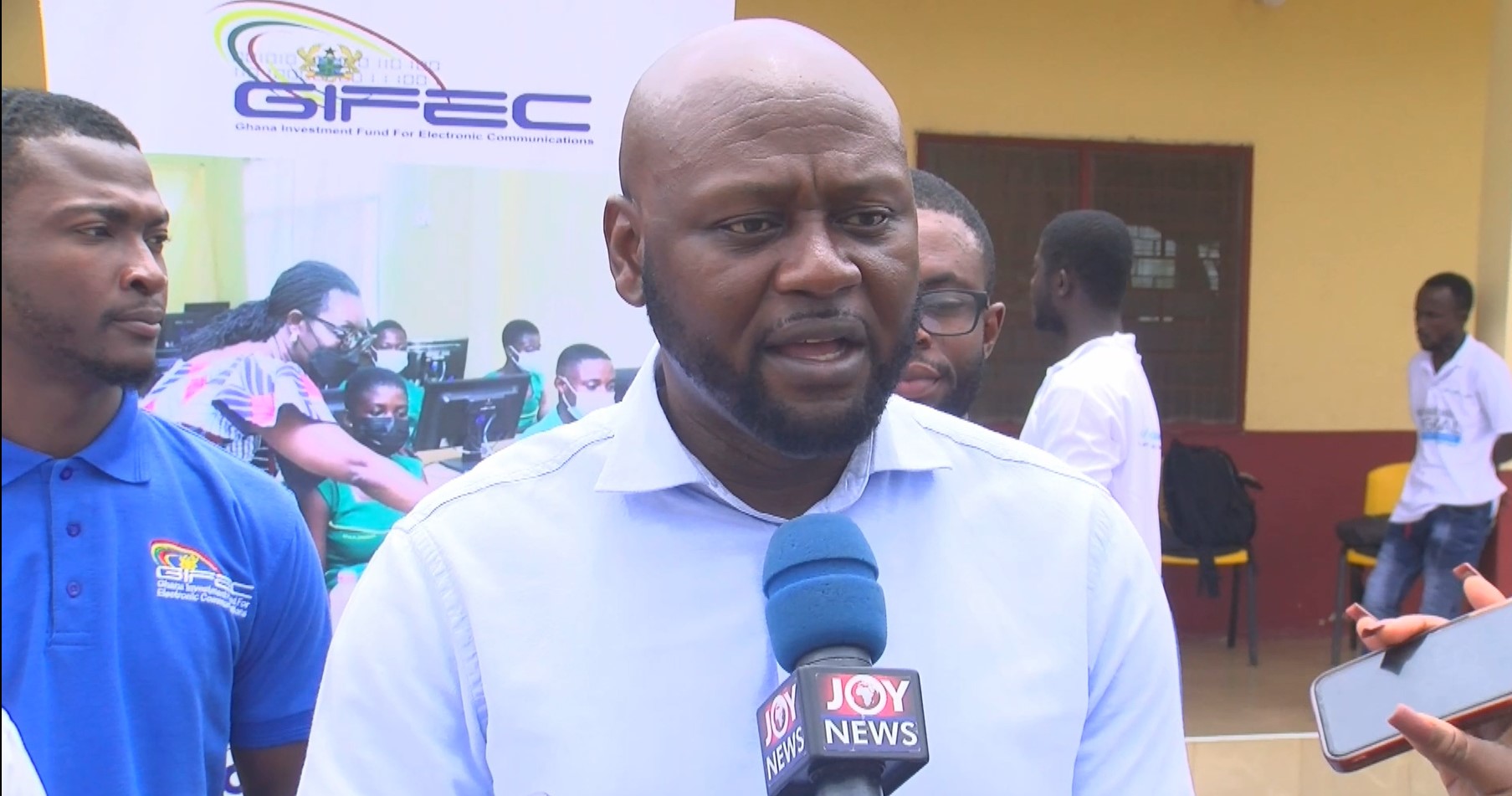The Ghana Investment Fund for Electronic Communications (GIFEC) is proffering ICT-driven solutions to a myriad of Ghana’s developmental needs. The Fund hopes the roll out of the data transformation agenda programme will augment the government’s investment in Science, Technology, Engineering and Mathematics (STEM) activities.
GIFEC, with the support of the Norwegian Agency for Development Cooperation (NORAD), the International Telecommunications Union and Cisco, has rolled out interactive ICT-driven training programs for teachers and pupils in Ghana.
Through its Digital Transformation Centres (DTC) project, which began in 2021, GIFEC hopes to lead the way in helping Ghana find an antidote to its environmental, agricultural and economic woes through ICT-driven solutions.
Initially designed to develop basic and intermediary ICT skills of beneficiaries, the program has trained over 14,000 made up of 1,200 children, 157 trainers as well as 23 master trainers, leading to the establishment of 30 coding clubs in all 16 regions of the country.
They were introduced to STEM-made kits provided by IOT Ghana.
GIFEC has adopted the phrase ‘catch them young and they shall be yours forever’ to train the next generational thinkers who will use ICT to solve Ghana’s problems.
Chief Executive of GIFEC, Prince Ofosu Sefah, says the time to cash-in on ICT is now.
He spoke at a graduation program in robotics for over 30 teachers who would in turn train other beneficiaries at Nkwantakese in the Ashanti region.
“The computer is a machine that is basically set up to take some instructions. So, you code the instructions, and you are able to have the computer do what you want to do. When we talk about coding for kids, we are basically talking about interactive, interesting programs that allow us to expose the children to coding at a very early stage” Mr Sefah said.
National Project Officer for the International Telecommunications Union, Alex Kojo Boahoma who talked about progress made so far on the coding project said the response to the project has been very positive.
“What coding helps us to do is to solve our everyday problems that we see around us.
Source: Ohemeng Tawiah (My JoyOnline)


